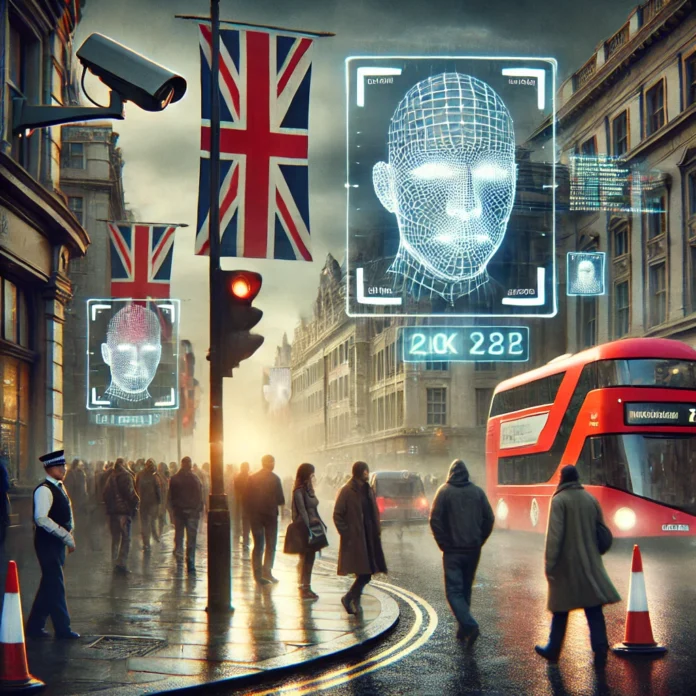The United Kingdom is witnessing a rapid expansion in the use of facial recognition technology, prompting urgent calls from experts and civil rights organizations for comprehensive regulation. A recent report by the Ada Lovelace Institute highlights significant gaps and inconsistencies in the governance of biometric systems, particularly live facial recognition (LFR), used increasingly by police and private entities.
Escalating Use and Legal Ambiguities
In 2024, UK police forces scanned nearly 4.7 million faces using LFR, doubling the previous year’s figures. Deployments have included mobile vans and trials of fixed-location cameras in areas like Croydon. Despite the technology’s growing presence, there is currently no specific legislation governing its use, leading to concerns over self-regulation and potential biases, particularly against minority communities.
Civil Liberties at Risk
The lack of clear legal frameworks has led to what some describe as a «wild west» scenario for biometric surveillance in the UK. Critics argue that the absence of safeguards undermines accountability and public trust, with instances of misidentification causing distress among innocent individuals. The Ada Lovelace Institute warns that the UK’s fragmented approach to biometrics governance is inadequate, necessitating urgent legislative action.
Government Response and Public Sentiment
While the Home Office acknowledges the benefits of facial recognition for policing, officials also recognize growing public concerns. Policing Minister Dame Diana Johnson has indicated that the government is considering whether a bespoke legislative framework is needed for LFR. A national survey by the Ada Lovelace Institute found that 72% of the UK public believe laws and regulations would increase their comfort with AI technologies, including facial recognition.
Looking Ahead
As the UK continues to deploy facial recognition technologies, the balance between technological advancement and civil liberties remains a pressing issue. Experts and advocacy groups urge the government to establish clear, centralized regulations to ensure the ethical and lawful use of biometric surveillance tools.




